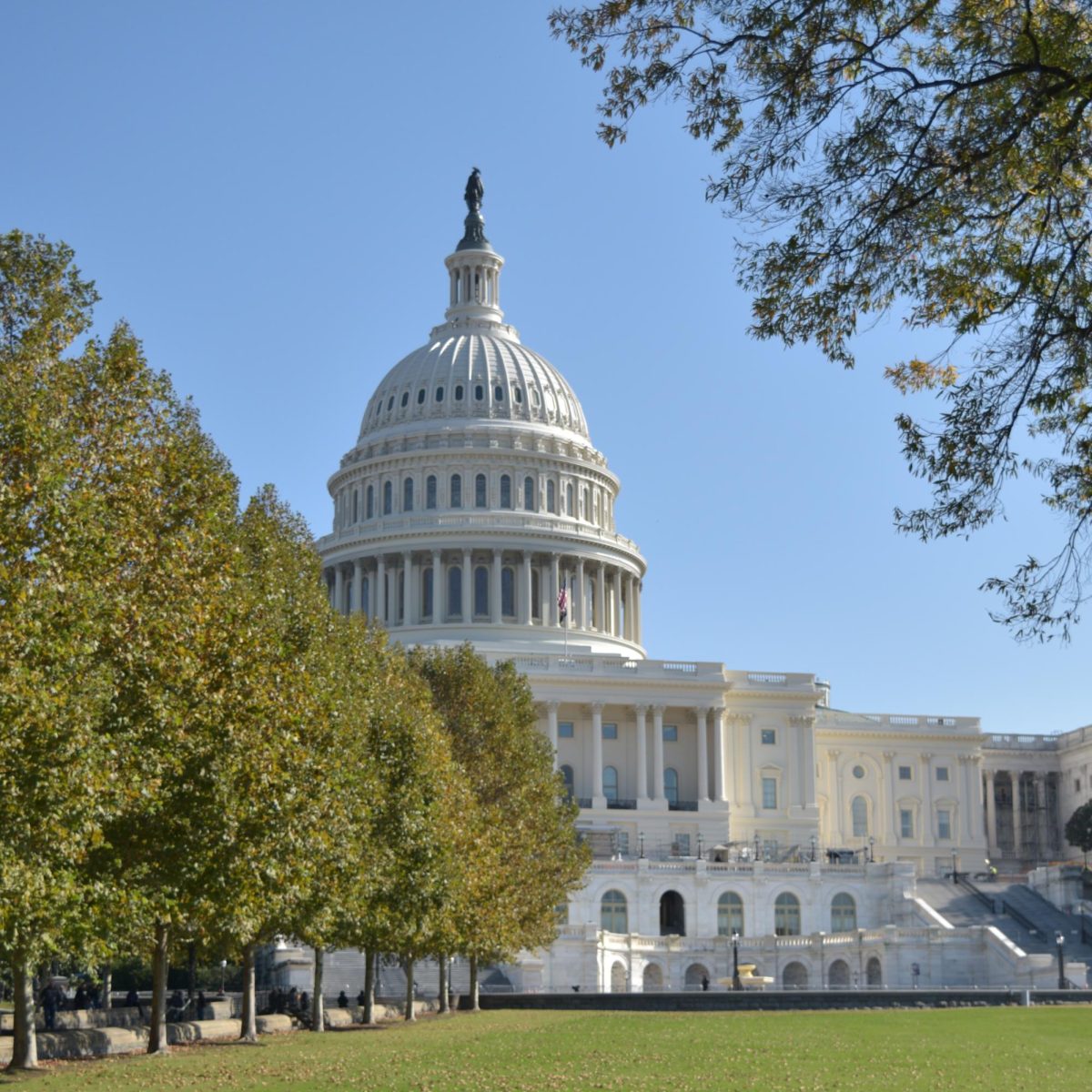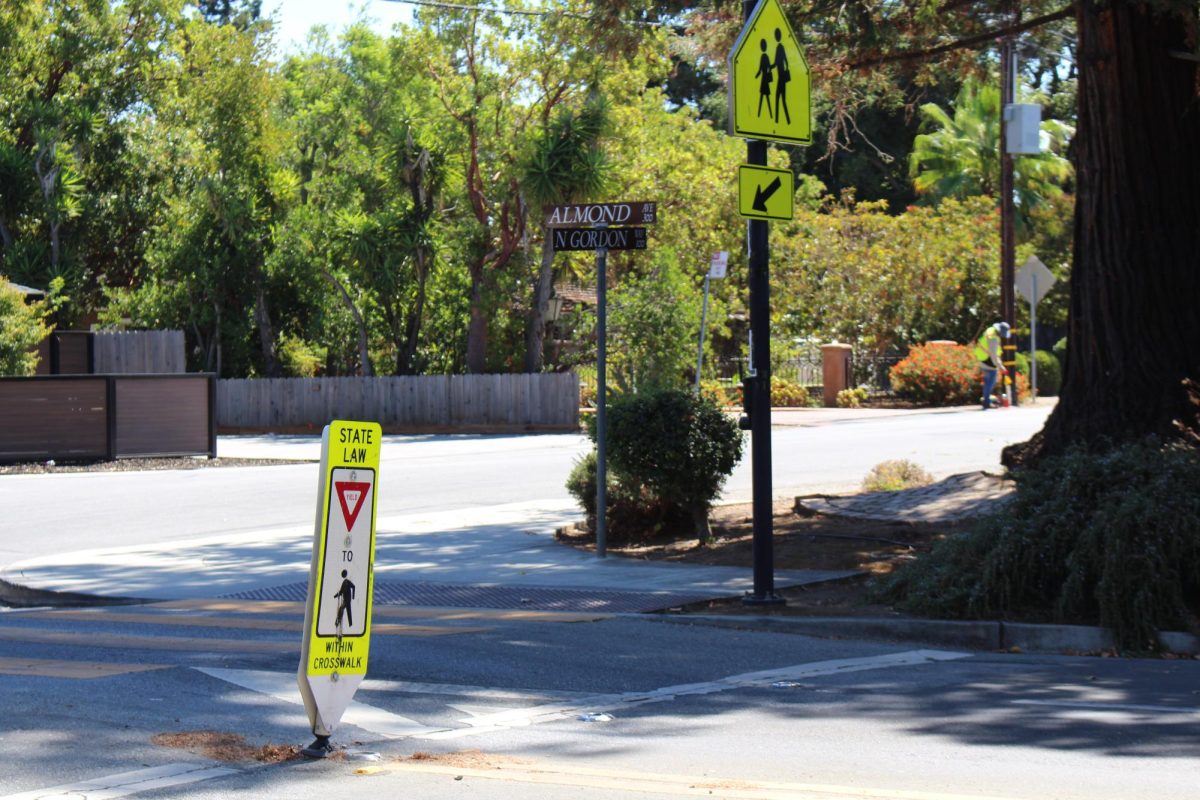2024 Presidential Election
With election day on November 7 nearing, presidential primaries — state-wide elections to determine the Republican and Democratic nominees for the 2024 Presidential Election — are underway. Iowa and New Hampshire have held caucuses for Republican candidates, with former President Donald Trump leading with 32 delegates out of 61, and former U.N. Ambassador Nikki Haley — the only other contender left for the nomination — leading behind with 17 delegates. Despite not being on the New Hampshire Democratic caucus ballot over party disputes, President Joe Biden won by 55 percent over his closest opponent, Congressman Dean Phillips.
Prior to the Iowa primary on Monday, January 15, former New Jersey Governor Chris Christie dropped out of the race for the Republican nomination. Failing to deliver the surprise they were holding out for, tech entrepreneur Vivek Ramaswamy and former Arkansas Governor Asa Hutchinson suspended their presidential bids after the caucus returned disappointing results. On Sunday, January 21, Florida Governor Ron DeSantis suspended his campaign after placing a distant second in the Iowa caucuses, leaving only Trump and Haley to fight for the Republican nomination.
Texas-Federal Standoff
On Monday, January 22, the Supreme Court ruled that federal officials were allowed to cut or remove parts of the razor-wire along the Mexican border in Texas. The 5-4 ruling sides with the Biden administration, and comes as a loss to Texas Governor Greg Abott. However, on Tuesday, January 23, the Texas National Guard added more razor wire to the border, and prevented Border Patrol agents from accessing Shelby Park — the area bordering Mexico. The move created a border standoff between the two agencies, which is still ongoing. Abbott publicly challenged the Supreme Court’s ruling, and claimed that Biden had violated his oath to enforce immigration laws.
Houthi Strikes
In response to Israel’s military campaign in Gaza, the Houthi militia — an Iran-backed political and military organization from Yemen — has attacked ships with missiles and drones in the Red Sea, one of the world’s most important trading routes that connects to the Suez Canal. While the Houthis claim to be disrupting shipping links with Israel, ships associated with over 12 countries have been attacked, including American ships and commercial vessels.
To avoid Houthi attacks, hundreds of ships are sailing around Africa instead, adding an extra 4,000 miles and 10 days of travel. If the shipping disruption continues, inflation could worsen as consumer prices increase, but little change has been observed as of yet.
Operation Prosperity Guardian was formed by the United States and over 19 other nations to respond to the Houthi attacks, aiming to end the blockade and counter Houthi forces. Airstrikes from the U.S. and allies against the Houthis have been ongoing since Friday, January 12, yet Houthi attacks have persisted.
Israel-Hamas
Negotiations for a temporary ceasefire — potentially one or two months — between Israel and Hamas are underway as the conflict nears the four-month mark.
Israel reportedly proposed a two-month ceasefire in return for all 130 hostages held by Hamas in the Gaza Strip. However, Hamas rejected the offer, demanding a permanent ceasefire along with the withdrawal of all Israeli Defense Force soldiers from Gaza. Neither side has conceded, but US officials report that progress on an agreement is being made.
This article was accurate as of press time on January 30.










